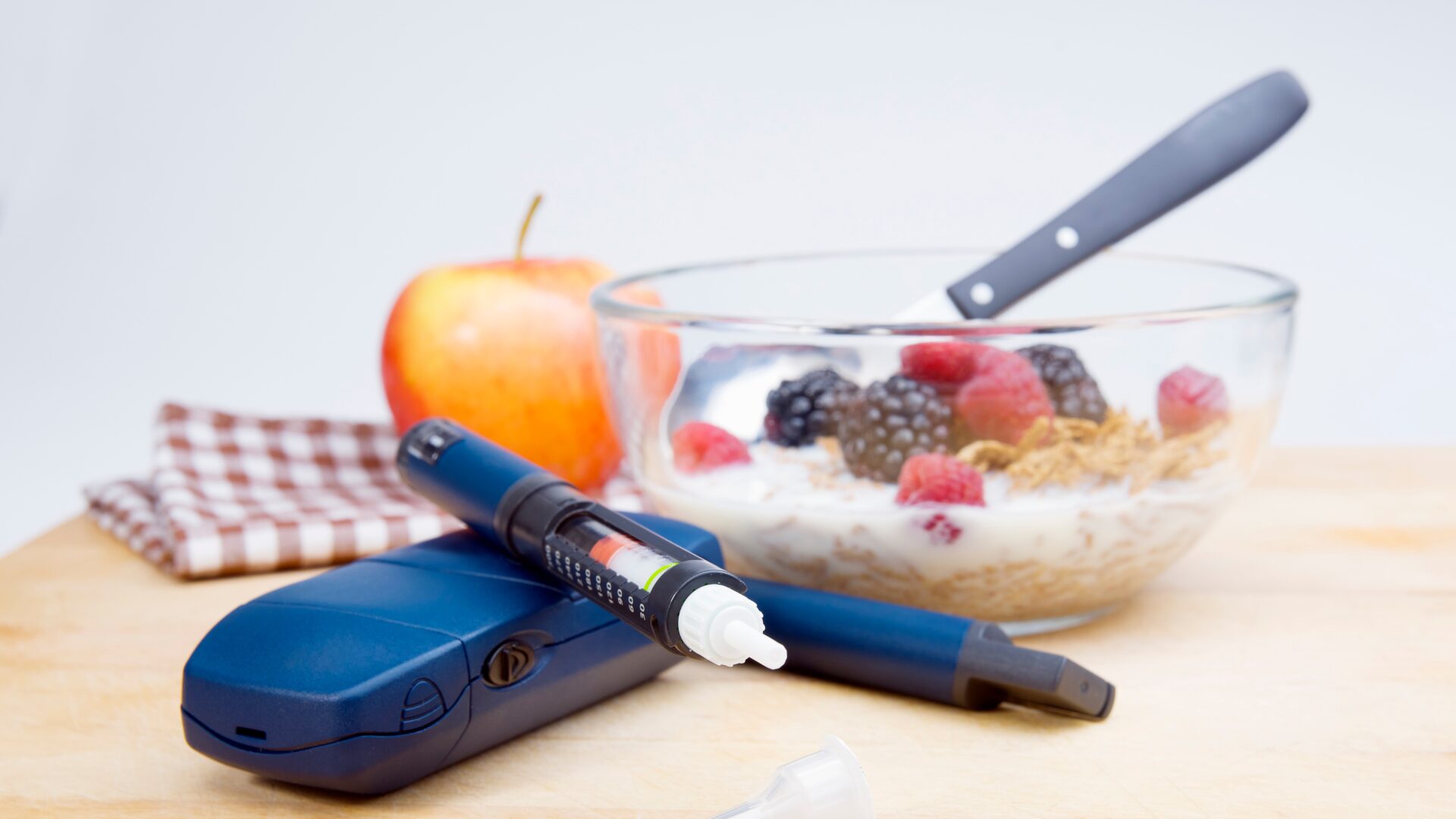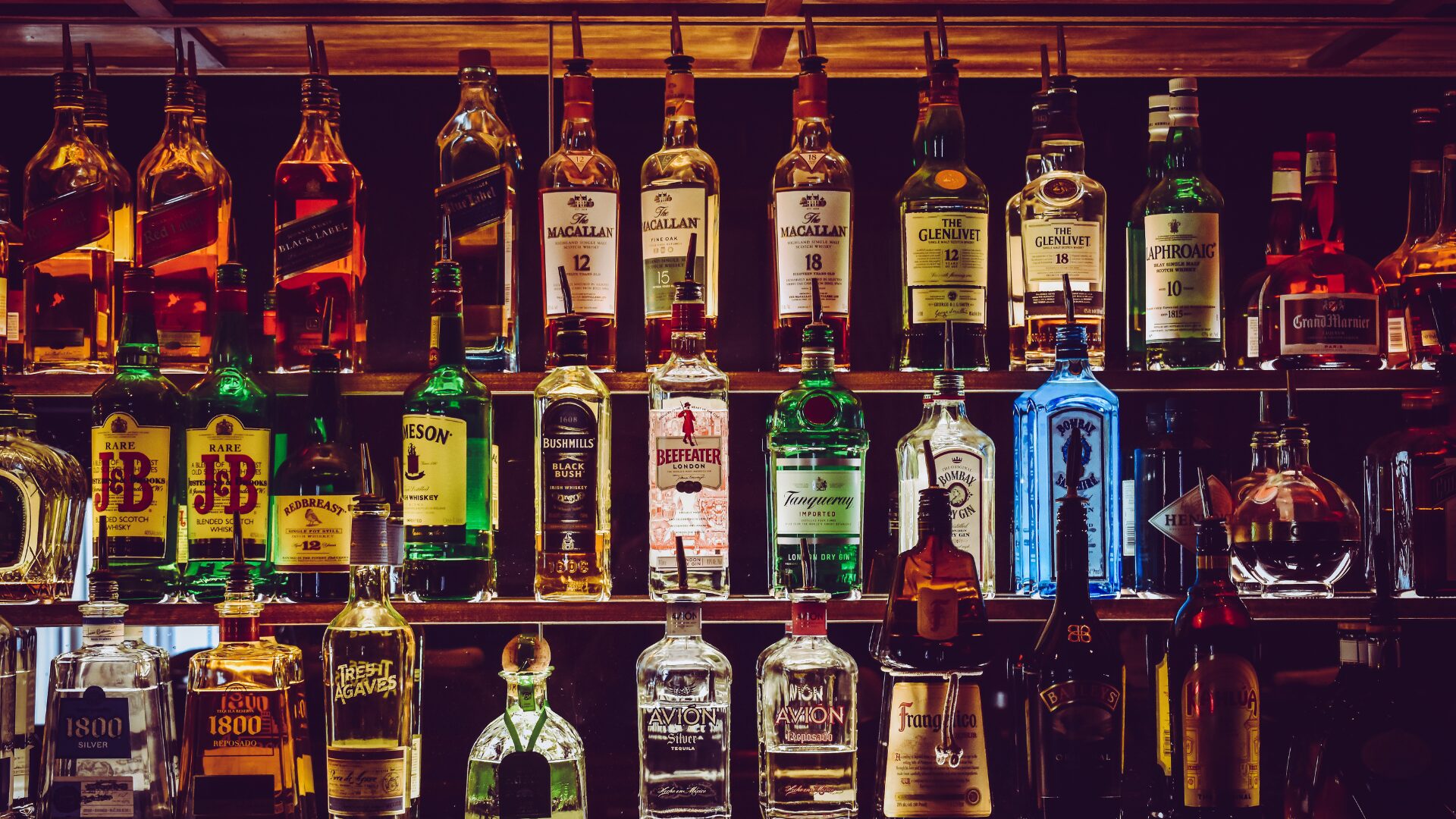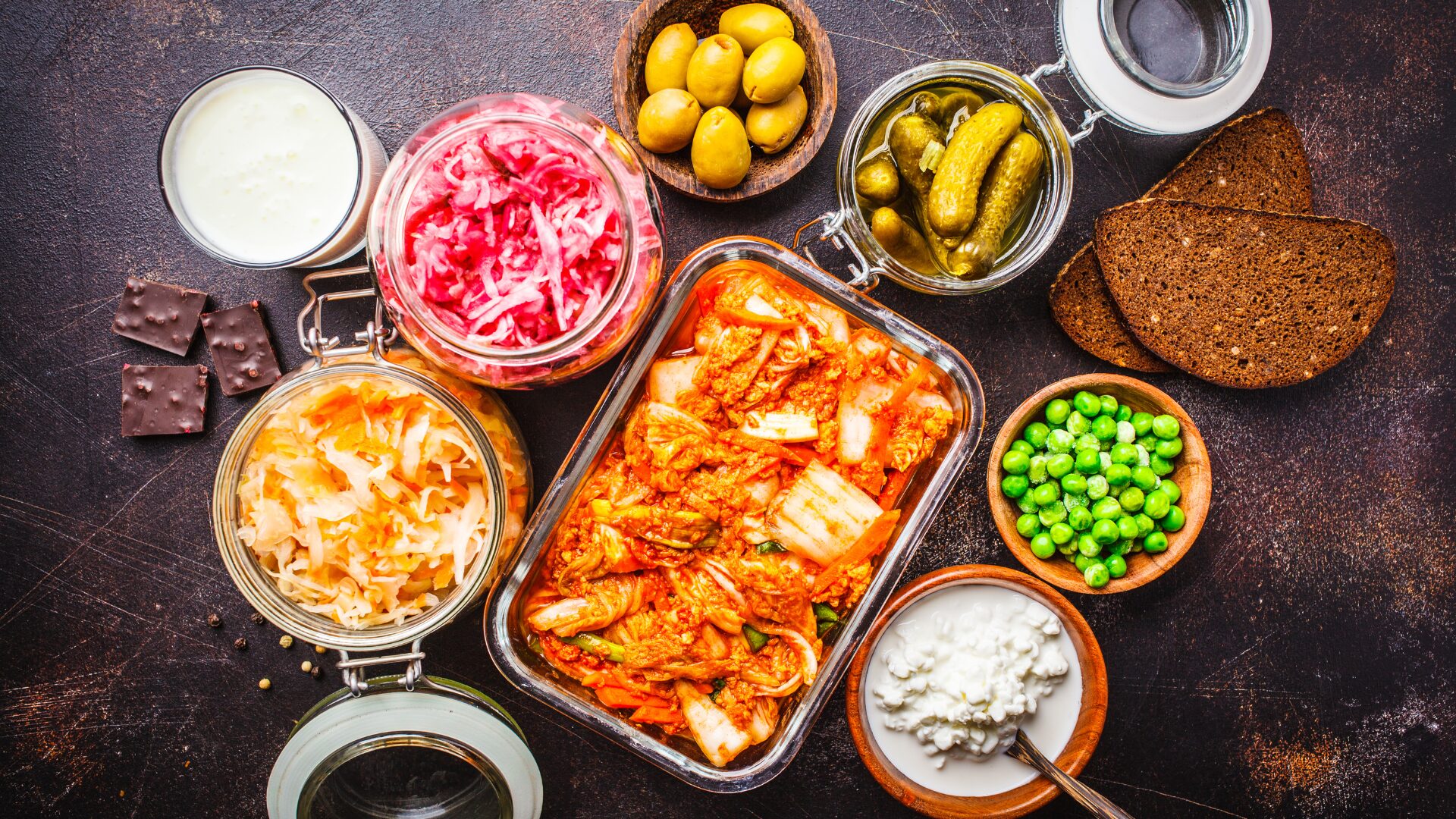Optimism grew around the world last year as the pandemic receded and economies improved, an Ipsos poll of 24,000 global citizens indicated, but that consumer optimism faded as 2023 dawned.
Many of those queried expressed fears 2023 would be tough with rising prices, inflation, interest rates and unemployment as well as fears nuclear weapons would be used somewhere in the world. Concerns also mounted over the environment and society at large.
Hope that 2023 will be better than 2022 was at 65%, a 10-year-low, compared to 77% of those who expressed optimism regarding the previous two-year period. Faith that the economy would improve also fell to a 10-year low, from 61% to 46% for the same time periods.
Among the key issues concerning consumers are health, companies’ authenticity and a longing to return to a simpler, happier time.
Health
Health, especially mental and emotional health, is a key concern among those surveyed by Ipsos, with 80% agreeing they need to do more to look after their mental well-being and 86% saying they need to do more physically.
Companies need to consider how they can support a more holistic view of health, examining whether their innovations, strategic plans and growth opportunities impact systemic drivers of health and well-being so that consumers don’t have to choose between something good for them versus something good for the planet.
“COVID-19 has put pressure on everyone. Even those not directly harmed by the most severe effects of the pandemic have had their thoughts dominated by the virus and how it, and its impact on the economy and society, might affect them and those they care about,” Ipsos said.
Authenticity
Consumers have stopped taking corporations at face value, Ipsos said, expecting answers about data practices, the treatment of workers, commitment to the environment and other issues. It’s no longer just a matter of offering a good product at a good price.
The survey found 52% of consumers willing to pay more for a brand image that appeals to them, particularly among the better-educated and those with higher incomes. Those in Asia, the Middle East and Africa also said they’re willing to pay more while 80% said they believe brands can support good causes and still make money.
As privacy concerns rise, consideration should be given to making customers understand how their data is shared, how the company works, and to creating products and services that operate without making customers opt in or opt out, Ipsos said.
Nostalgia
Nostalgia can be a powerful tool. To help customers feel good, companies should consider leveraging history, bringing back retired products or old marketing campaigns and remember that millennials and Gen Zers are just as likely to look back longingly as their elders, Ipsos said.
With concerns about what the future holds, consumers are looking back to what they consider simpler, happier times, with 60% saying they want their countries to go back to the way it was. Consumers in Asia and Africa were the most likely to feel that way.
“When today’s world is depressing, people of all ages can find comfort by thinking about happier times. Older people simply have more ‘past’ to be nostalgic about,” Ipsos said.
The Food Institute Podcast
Click the play button above to listen to the episode.
While many dairy products require bacteria for production, not all cultures are made the same. Chr. Hansen microbiologist Shannon Neuens joined The Food Institute Podcast to explain his views on bio-protection – the use of microflora to extend a product’s shelf life – and also discusses how the company’s line of cultures can be used to bolster nutrition and improve taste.












